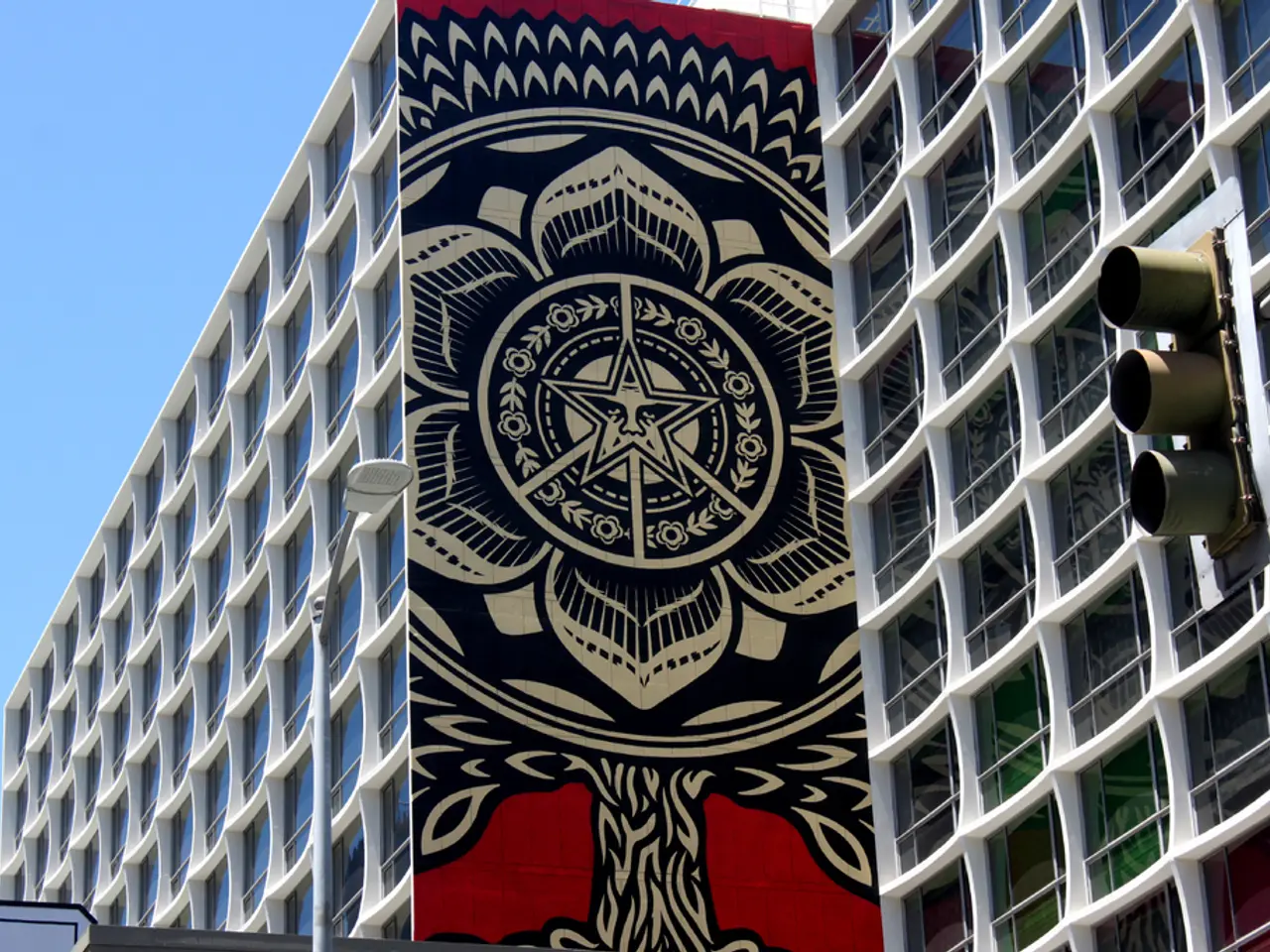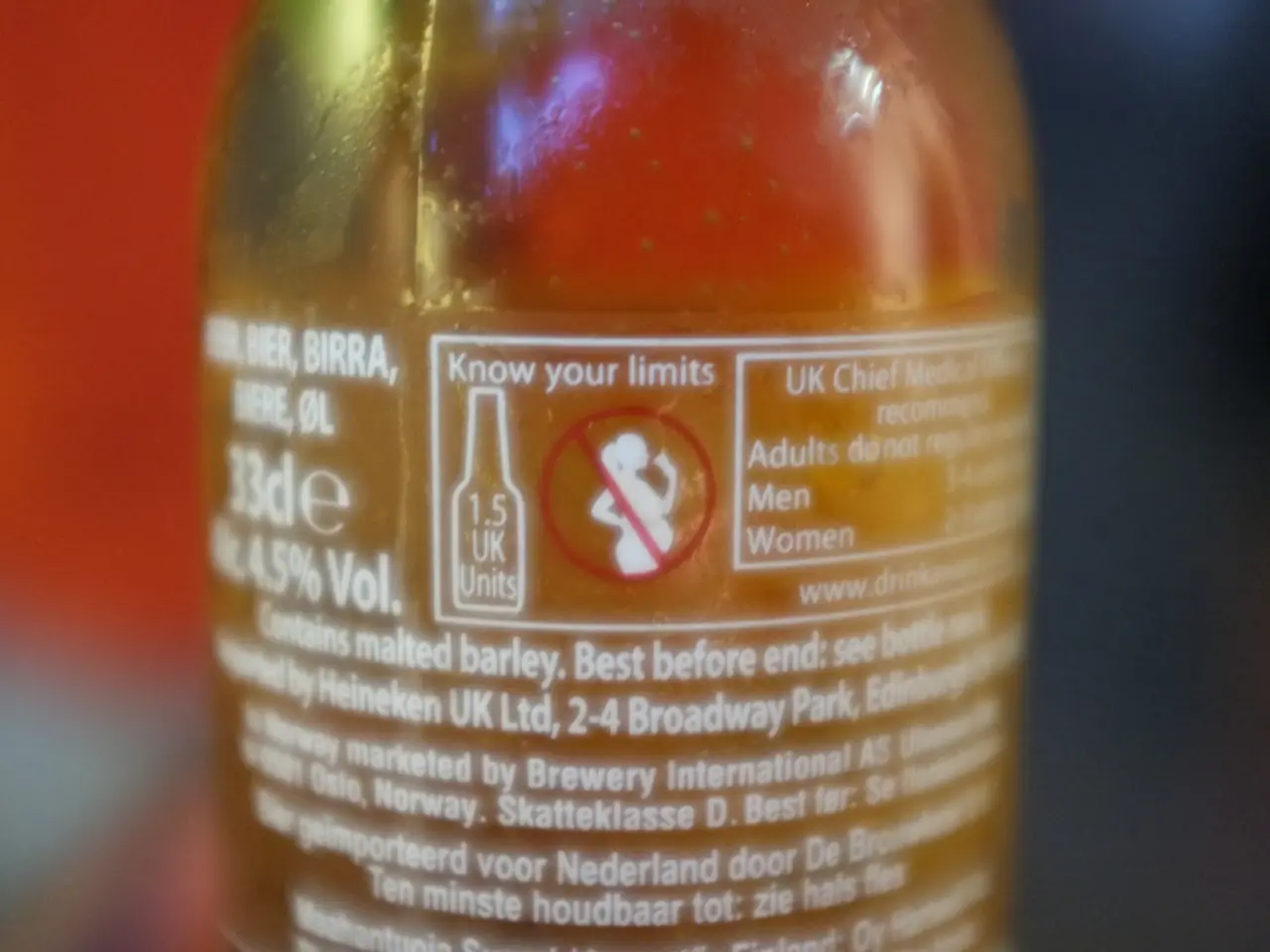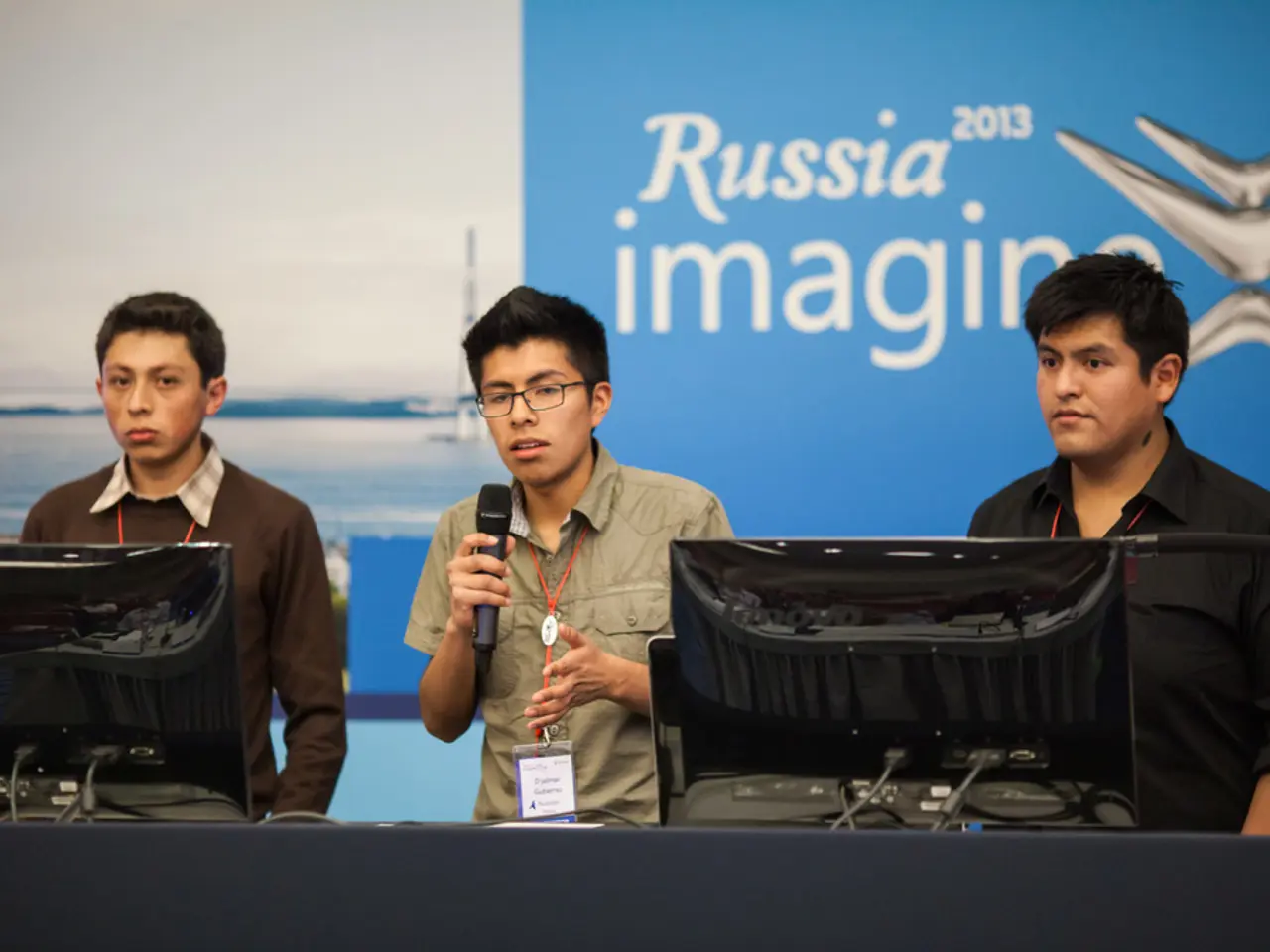German Federal Parliament Elections Simplified: Martinsclub Bremen e.V. Event on 12th February Discusses Voting Process
Revamped Insights on the German Federal Election
Got lost in the political whirlwind? Worry not! The Martin's Club Bremen e.V. has got you covered. On February 12, from 4:30 PM to 6 PM, they're hosting an event to shed light on the election process, major parties, and their agendas. This event is open to everyone, regardless of any impairments, and admission is free after registration.
Join the Martin's Club Bremen e.V. at their business office at Buntentorsteinweg 24/26, 28201 Bremen. For registration, please call 0421-5374754 or email kurs@martinsclub.de.
Rising Above the Political Fray
Those eager to delve deeper into politics can participate in the Martin's Club's educational offer, "We make politics." Starting from February 19, this weekly event takes place every Wednesday from 4:30 PM to 6 PM. It costs 30 euros per person until June.
For more information, head over to www.martinsclub.de.
Picture This: Confused about the election process? It's time to clear the air!
(Stock photo above by VRD)
kurs@martinsclub.de.
Let's Talk Politics: As of the 2025 election, Germany's political landscape looked like this:
Major Parties and Their Programs (as of 2025)
- CDU/CSU (Christian Democratic Union / Christian Social Union): Demanded support for Ukraine, stability, and EU competitiveness. Their manifesto also focused on social security reforms and a European Energy Union.
- SPD (Social Democratic Party): With a focus on social justice, labor rights, and welfare policies, they strived for a fair and competitive Europe.
- AfD (Alternative for Germany): A far-right, right-wing populist, national-conservative party advocating for stricter migration controls, skepticism towards EU integration, and national sovereignty. They secured a significant number of votes in the 2025 Bundestag.
- The Left (Die Linke): Committed to democratic socialism, social justice, and local organizing, they emphasized participatory democracy after a split from the Sahra Wagenknecht Alliance.
- Greens (Bündnis 90/Die Grünen): Pushed for environmental protection, climate action, and support for immigrants, while advocating for renewable energy and social inclusion.
- FDP (Free Democratic Party): Prioritized economic liberalism, market reforms, and pension reform. They championed fiscal responsibility and business-friendly policies.
- Sahra Wagenknecht Alliance (BSW): A populist splinter from The Left, focusing on social justice and economic redistribution. They narrowly failed to enter the Bundestag in 2025.
How the German Federal Election Works
- Electoral System: A mixed-member proportional representation system combines the first-past-the-post and proportional representation methods.
- Two-Vote System:
- First Vote (Erststimme): Directly elects a local representative from a specific constituency.
- Second Vote (Zweitstimme): Determines the overall distribution of seats in the Bundestag among parties, ensuring proportional representation.
- Seat Calculation:
- Direct Seats: The first vote counts for single-member constituencies.
- Party Lists: The second vote allocates seats to parties. If a party wins more direct seats than its proportional share from the second vote, it keeps the extra seats (“overhang mandates”), but the Bundestag is enlarged to preserve proportionality for other parties.
- 5% Threshold: Only parties that secure at least 5% of the second vote nationwide (or win at least three constituency seats) are eligible for proportional representation.
- Recent Changes: The Bundestag was reduced from 736 to 630 seats in 2025 to streamline processes.
Disclaimer: This information is based on the election held in 2025. The political landscape and processes may have changed since then. For the latest updates, visit www.bundestag.de.
*Learn about the political parties and their agendas in the 2025 German Federal Election: CDU/CSU, SPD, AfD, The Left, Greens, FDP, and Sahra Wagenknecht Alliance.* The German Federal Election uses a mixed-member proportional representation system, and voters cast two votes: a first vote for a local representative and a second vote for a party to determine seats in the Bundestag.





